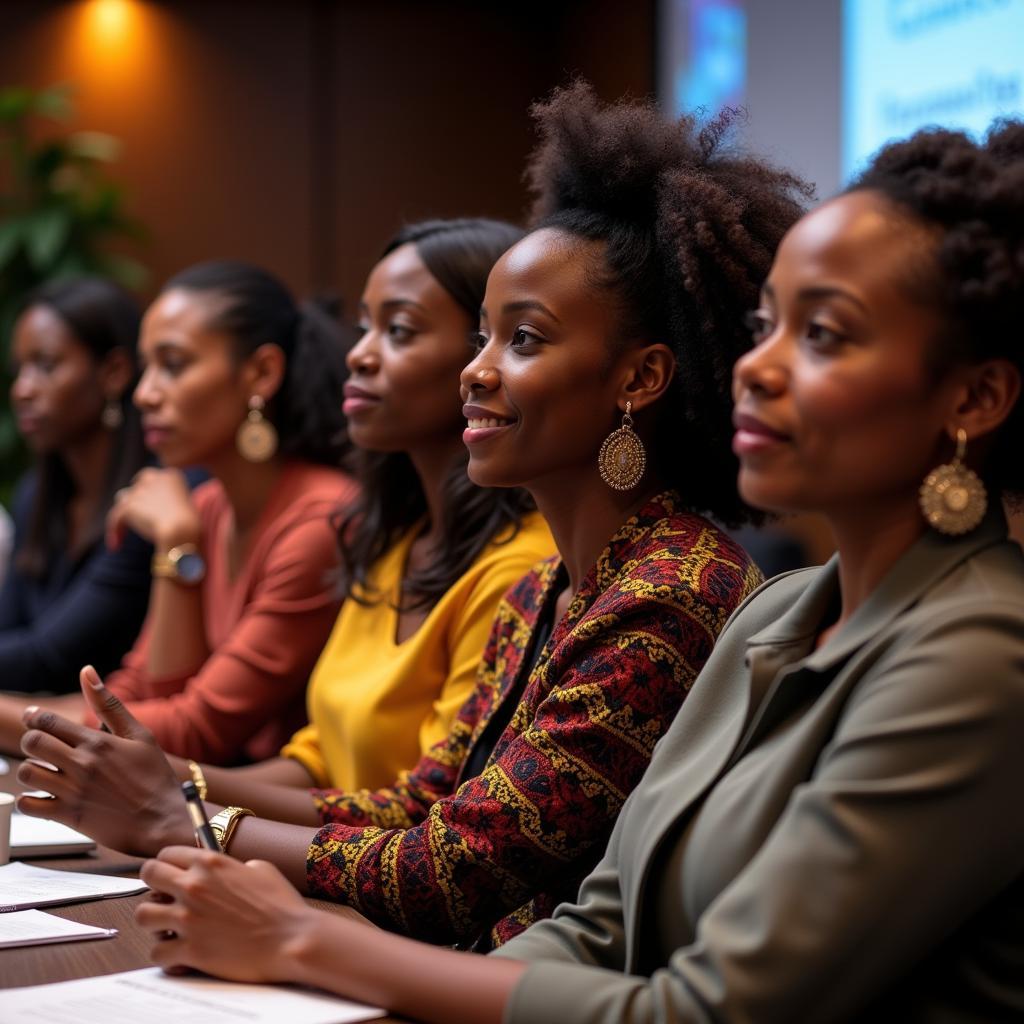African Country for RTS,S Vaccine
The RTS,S vaccine, a groundbreaking tool in the fight against malaria, has been making headlines. But which African country is at the forefront of its implementation? This article delves into the details of the RTS,S vaccine rollout, focusing on the African nations leading the charge and the impact this vaccine is having.
RTS,S Vaccine: A Hope for Malaria-Endemic Africa
Malaria remains a significant public health challenge in Africa. The RTS,S vaccine, also known as Mosquirix, offers a glimmer of hope in combating this deadly disease. This first-ever malaria vaccine has been strategically deployed in specific African countries, marking a significant milestone in malaria prevention.
Ghana’s Pioneering Role in RTS,S Vaccination
Ghana was one of the first African countries to introduce the RTS,S vaccine as part of a pilot program. This program aimed to assess the vaccine’s effectiveness in real-world conditions and inform wider implementation strategies. The experience and data gathered from Ghana’s pilot program have been invaluable in shaping malaria vaccination programs across the continent.
Kenya’s Commitment to Expanding RTS,S Coverage
Kenya has also been instrumental in the rollout of the RTS,S vaccine. Recognizing the devastating impact of malaria on its population, Kenya has actively worked to integrate the vaccine into its national immunization program. The country’s efforts have focused on reaching children in high-risk areas, where malaria transmission rates are highest.
Malawi’s Strategic Approach to RTS,S Implementation
Malawi joined Ghana and Kenya in the initial pilot phase of the RTS,S vaccine rollout. Malawi’s experience has provided valuable insights into the logistical challenges and successes of implementing a new vaccine in a resource-constrained setting. The country’s dedication to data collection and analysis has contributed significantly to the overall understanding of the vaccine’s impact.
The Impact of RTS,S in Africa
The introduction of the RTS,S vaccine has already begun to yield positive results in the pilot countries. Early data suggests a significant reduction in severe malaria cases among children who have received the vaccine. This is promising news, especially considering the disproportionate burden of malaria on young children.
Challenges and Future Directions
While the RTS,S vaccine represents a major advancement, challenges remain. Ensuring equitable access to the vaccine, maintaining high vaccination coverage rates, and integrating the vaccine into existing health systems are key priorities. Continued research and development are also essential to further improve the vaccine’s efficacy and duration of protection.
Conclusion
The RTS,S vaccine signifies a critical step forward in the fight against malaria in Africa. Countries like Ghana, Kenya, and Malawi have demonstrated leadership in implementing the vaccine and paving the way for broader adoption across the continent. The RTS,S vaccine, combined with other malaria control interventions, offers a real opportunity to reduce the burden of this devastating disease and improve the health and well-being of African communities.
FAQ
- What is the RTS,S vaccine?
- How effective is the RTS,S vaccine?
- Who should receive the RTS,S vaccine?
- What are the side effects of the RTS,S vaccine?
- Where is the RTS,S vaccine available?
- How many doses of the RTS,S vaccine are needed?
- How is the RTS,S vaccine administered?
Common Scenarios and Questions
-
Scenario: A parent is hesitant to vaccinate their child with RTS,S. Question: What are the benefits and risks of the RTS,S vaccine?
-
Scenario: A healthcare worker is unsure about the proper storage and handling of the RTS,S vaccine. Question: What are the specific storage requirements and handling procedures for the RTS,S vaccine?
Further Reading and Resources
Explore more about malaria prevention and treatment on our website. Learn about other initiatives and programs focused on combating malaria in Africa.
Need assistance? Contact us at Phone: +255768904061, Email: [email protected], or visit our office at Mbarali DC Mawindi, Kangaga, Tanzania. Our customer service team is available 24/7.



